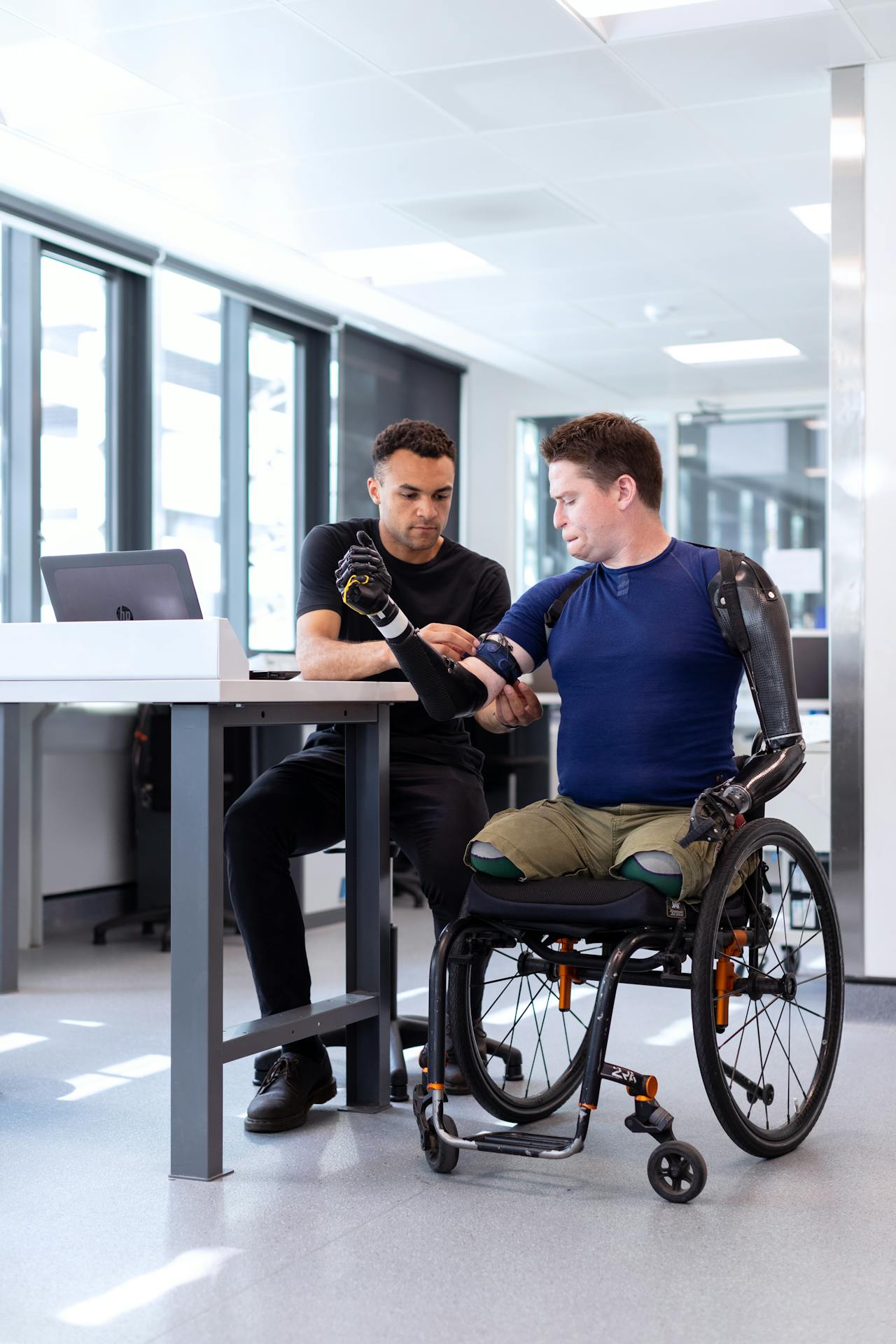Workers under age 50 face the toughest approval standards in the Social Security Disability system.
Why?
The SSA assumes younger individuals can adjust to new work, learn new skills, or perform sedentary jobs – even with serious health limitations.
But disability does not discriminate by age; and neither should the law.
Winning young-worker claims requires strategic evidence and legal precision.
✅ Why Under-50 Claims Are Denied More Often
SSA grid rules favor older workers. For younger claimants, SSA expects:
- Ability to sit at a desk job
- Job retraining
- Ability to adapt to “light” work
That means your case must prove you cannot sustain any full-time work.
✅ Evidence That Helps Younger Claimants
Strong evidence includes:
- Functional capacity evaluations
- Mental/physical stamina limitations
- Treatment failure or progression (episodic limitations)
- Fatigue logs
- Statements by a Vocational Expert, VE showing inability to sustain pace or attendance
It’s not about what you can do briefly — it’s whether you can reliably work eight hours a day, five days a week.
✅ Work Attempts Can Help — When Documented
Failed job trials show:
- Good-faith effort
- Symptoms worsened with work
- You cannot maintain competitive employment
Done improperly, they can look like “proof of ability to work,” so legal guidance matters.
✅ How Attorneys Win Younger Claims
We:
✅ Develop functional evidence
✅ Highlight pain, fatigue, cognitive deficits
✅ Use medical-vocational strategy
✅ Prepare testimony focused on inability to sustain work








